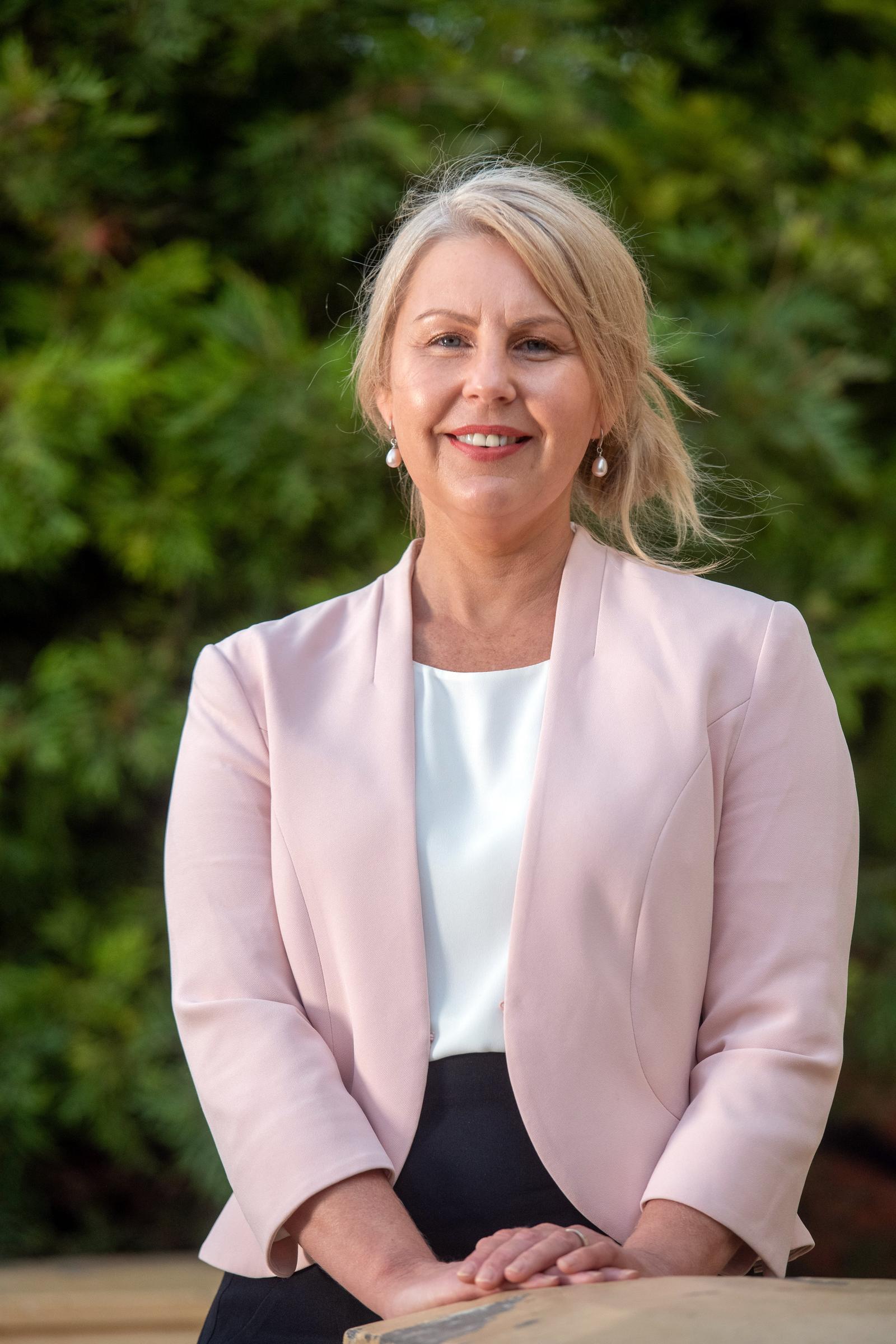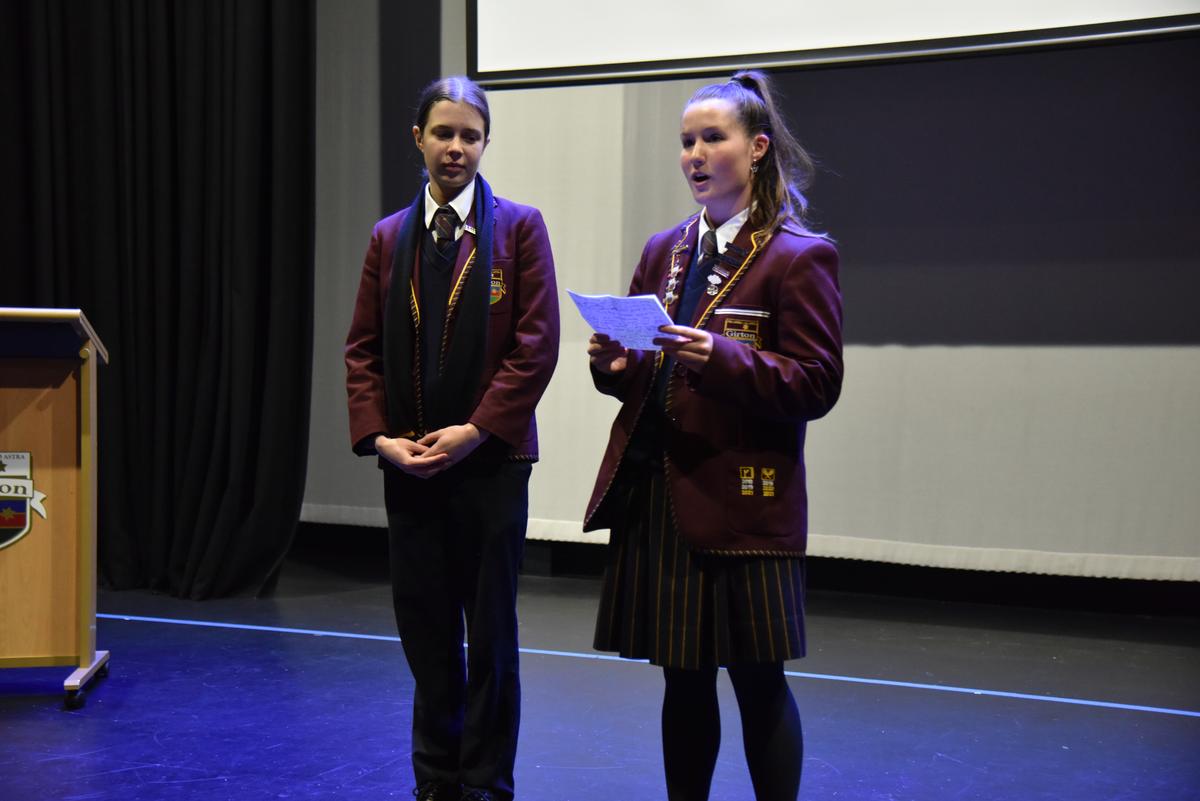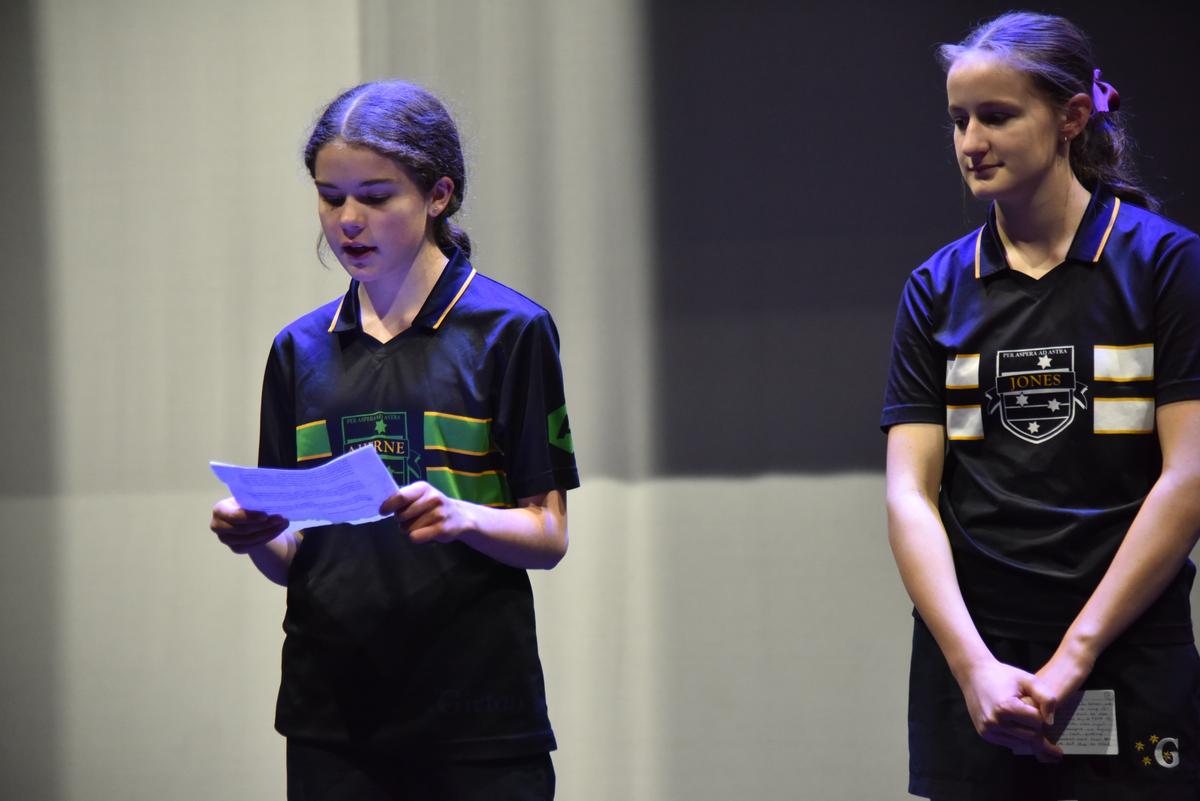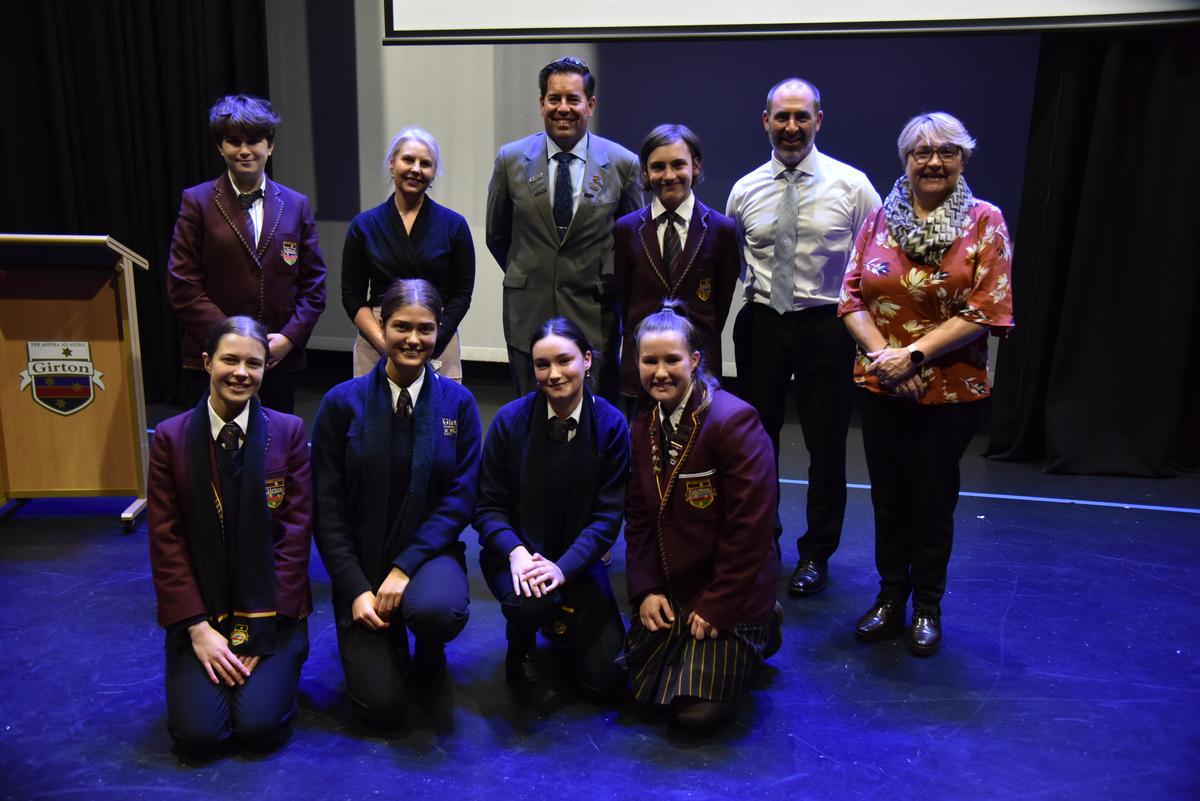From the Acting Head

The irony and disappointment of naming an event after the venue in which it is to be staged - only to be forced to run the event via Zoom - was not lost this week on the Prefects who eagerly hosted our first “Black Box Soap Box” event in its rightful location.
This event was conceived and hosted last year by our Student Voice Prefects. The event concept is a simple one. Senior school students are invited to pitch their ideas for school improvement to members of the school’s Leadership Team. Staff and students are invited to the lunchtime event to support their friends, and student ideas are formally tabled at the next Senior Leadership meeting. There is inevitably a need for collaboration with students to deliver their ideas. This involvement in decision-making with adults is extremely valuable for young people.
This year, we heard from seven students in Years 7 to 12 who pitched ideas ranging from a Year 12 ski trip to pedestrian crossing lights on Wattle Street.
The students came well prepared with solutions-focused ideas. They made their case with courtesy and confidence, as we have come to expect from our students.
There are myriad reasons why schools that encourage ‘student voice’ are better able to meet the developmental needs of students than schools that do not encourage students to be heard. When young people feel listened to, they feel appreciated. The next step for schools is to actively collaborate with students on decisions that impact them and then build student capacity for leadership. This three-step process of being heard, collaborating with adults and leading is something that we intend to pay attention to at Girton.
The Victorian Government Child Safe Standard 3 requires that:
Children and young people are empowered about their rights, participate in decisions affecting them and are taken seriously.
As well as links to child safety, one of the many benefits of listening to students is that it encourages teachers and school leaders to challenge their assumptions about the problems, solutions and ideas available to them, both within the classroom and related to general school operations. Students possess unique knowledge and perspectives about their school and their lives that need to be cracked wide open if we are to understand, question and meet their needs and their expectations.
The other obvious advantages of student voice are the scaffolds created for personal growth and a tone of trust between students and adults. The more adults genuinely partner with young people; the more likely a mutual understanding will grow. This is always a positive thing, especially when it comes to improving student engagement and, therefore, student learning.
Some research indicates that students who believe they have a voice in school can be as much as seven times more likely to be academically motivated than students who do not believe they have a voice. (For example, Quaglia Institute for School Voice and Aspirations, 2016 report).
Student leadership - and all the trust and responsibilities it entails - allows students to have their self-worth reinforced.
We can make a difference for our students, but first, we need to be ready to listen.
I hope that each of our students this week who had the motivation to speak at the Black Box Soap Box event feels listened to, valued and willing to lead in the future.
Dr Emma O’Rielly
ACTING HEAD
Pictured below: Our first "live" Black Box Soap Box event




